Education

Education for TENANTS
On September 30th, 2021, the statewide emergency tenant protections expire. Here’s what to expect after October 1st:
- You as a tenant or your landlord must apply for rental assistance before they can try to evict you through the courts for failing to pay rent.
- Although your landlord may give you a notice to “pay or quit”, they will not be able to legally evict you without first applying to the local Emergency Rental Assistance Program through the City or County.
- If you receive a notice to “pay or quit,” it is very important that you apply for rental assistance within 15 business days from the CA COVID-19 Rent Relief program at the links on HousingHelpSD.org.
- If you believe you have been unlawfully evicted or if you need legal advice, you should consult with an attorney. You can contact the Legal Aid Society of San Diego at: 1-877-534-2524
On June 29, emergency tenant protections were extended by AB 832. Here’s what you need to know:
- If you lost income due to COVID-19 and you cannot pay rent, keep submitting a written declaration to your landlord every month. If you submit a declaration, your landlord cannot evict you for not paying rent before October 1, 2021, without a “just cause.”
- Tenants have until September 30, 2021, to pay 25% of the rent owed from September 1, 2020, through September 30, 2021.
- Collection actions for COVID-19 rental debt cannot begin before November 1, 2021.
- Rental relief is available to eligible tenants and will cover 100% of their past-due rent back to April 2020 and until the eviction protections expire.
- From October 1, 2021, through March 31, 2022, an eviction cannot be issued for nonpayment unless the landlord can prove that a tenant applied for rental assistance and the application was denied.
- If you receive a 15-day notice, you MUST respond within 15 days.
Sign up for a workshop today to learn more about AB 832 and how you can stay housed.
Emergency tenant protections have been enacted by the Centers for Disease Control and Prevention (CDC), the state of California, San Diego County, and in many cities within the county. Your protections will vary based on where you live.
No matter where you live, though, if you’ve lost income or have had an increase in expenses because of COVID-19 that prevents you from paying rent, you have the option of not paying. If you will be unable to pay your rent, you must submit a written declaration to your landlord. You may also want to accompany that notice with evidence of your inability to pay as providing evidence can make landlords less likely to harass you and makes any defense in court easier should your landlord try to evict you.
To get rental assistance and learn of more tenant protections in your area, click here.
To find organizations helping people pay their rent, click here.
Keep in mind that many organizations, while working hard to keep people housed, have long wait lists and limited resources.
While evictions for non-payment of rent due to financial hardship caused by COVID-19, as well as a variety of other reasons are prohibited, landlords can still file an eviction lawsuit in court, which tenants must respond to if received—but you have rights!
The State of California, San Diego County, and cities throughout the county, have put in place emergency tenant protections to keep renters in their homes.
To speak directly with a housing expert or lawyer, sign up for one of our tenants rights workshops here.
If you’ve received a notice from the court, it’s important you immediately connect with a legal service provider who can determine your rights based on where you live and help you respond to the court notice effectively to keep you in your home. To find out if you’re eligible for free legal assistance, click here.
If you have not received a notice from the court but want to know more about your rights, join us for a virtual tenant workshop where housing experts and lawyers will share important information about emergency laws and programs in your area to prevent evictions to keep people in their homes. Sign up, here!
Yes! California Senate Bill 91 (SB-91) extended the COVID-19 Tenant Relief Act (AB 3088, 2020) for another five months until June 30, 2021, and creates a state government structure to pay up to 80 percent of past due rent to landlords.
You have rights under criminal and civil laws. It’s a crime to evict and lock someone out of their home without a court order. It’s also illegal to turn off utilities. If you’re being harassed or threatened with utility shut-offs or an illegal lockout, click here to connect with a local rental assistance organization or speak directly with a housing expert by signing up for a virtual tenant workshop here.
If you’ve received an Emergency – 5 Day Sheriff Lockout Notice, a Summons and Complaint, or an Unlawful Detainer (UD) Courtesy Notice from the Court, it is important that you immediately contact a legal service provider who can determine your rights based on where you live and can help you respond to the summons effectively to keep you in your home.
To find out if you’re eligible for free legal assistance or to be referred to low-cost legal help, click here.
If you received a Notice to Quit, Pay Rent, Cure or Quit, a Notice of Termination (30-, 60- or 90-day), a letter from your landlord, or a letter from a government agency (HD, HCID, Section 8), it’s important for you to know your rights, so you can protect yourself from eviction and stay in your home.
To learn more, sign up here for a virtual tenant workshop where you can ask questions and hear directly from an expert.
You have rights under criminal and civil laws. It’s a crime for a landlord to turn off a tenant’s utilities. If you are experiencing a utility shut-off by your landlord click here to connect with a local rental assistance organization or speak directly with a housing expert or attorney by signing up for a virtual tenant workshop here.
Currently, all government funded rental assistance, allocated by the County Board of Supervisors – and by cities across the county – apply regardless of immigration status.
You are under no obligation to give your landlord your unemployment benefits, but you are required under the new state law to submit a declaration form to your landlord stating you are unable to pay rent due to financial hardship caused by COVID-19.
To find out more about your rights and tenant protection requirements in your area, click here.
Yes, households that receive rental subsidies may qualify for help from the government rent relief programs. Assistance will depend on funding availability. Rental subsidies include federal Section 8 Housing Choice Voucher assistance, rapid rehousing assistance, or rental assistance from nonprofit agencies.
FAQs about San Diego City No Fault Eviction Moratorium that Expired September 30, 2022
On May 4, 2021, the Board of Supervisors passed an ordinance prohibiting residential evictions, effectively stopping evictions other than those that threaten the “imminent health and safety” of occupants or other tenants.
- The following are the types of evictions that could occur under the reasoning for “imminent health or safety threat”:
Nuisance: This includes the illegal sale of controlled substances. - Waste: Diminishing the value of the property.
- Criminal activity on the property
- Using the rental unit for unlawful purpose
The Eviction Ban took effect June 03, 2021. The Eviction Ban remains in effect until sixty (60) days after the Governor lifts all COVID-19 related stay-at-home and work-at-home orders. At this time, it is expected that the Governor will lift the stay orders on June 15, 2021; and if that happens, the Eviction Ban will expire at the end of the day on August 14, 2021.
Yes, any notice (other than nonpayment of rent) that a landlord served between February 14, 2020 and 60 days after the local emergency ends (which is predicted to be August 14, 2021), must include language expressing the protections under the local Emergency Eviction Moratorium and the additional protections under the state in order to be valid.
Additionally, the reason for termination authorized under this ordinance, must be specifically stated in the notice to terminate.
Yes. The Eviction Ban applies to any notice of termination of tenancy served or expiring during the Local Emergency (February 14, 2020), or within sixty (60) days afterward (predicted to be August 14, 2021).
Yes. The Eviction Ban (once in effect) applies to all stages of an eviction, meaning from the beginning when the tenant receives an eviction notice to when the Sheriff executes a lockout.
Yes. The Eviction Ban also caps rent increases on Eligible Properties from June 3, 2021 to July 1, 2021. Rent cannot be increased any amount greater than the Consumer Price Index (CPI) for the previous year.
Maybe.
- For rent owed from March 1, 2020 to June 30, 2021:
- The Eviction Ban does not protect against nonpayment of rent owed during this period. However, eligible residential tenants are protected by SB 91 through June 30, 2021 for nonpayment of rent evictions.
- For rent owed from July 1, 2021 to 60 days after the local emergency ends (which is predicted to be August 14, 2021):
- The Eviction Ban does protect against not payment of rent owed during this period.
Yes. The Eviction Ban applies to every residential tenant regardless of the type of unit they live in or how long they have lived there. If you need more detailed information, please call 877-LEGAL-AID (877-534-2524).
Yes. The Eviction Ban applies regardless of legal status for all residential tenants.
Legal Aid Society of San Diego is providing full services during this pandemic by phone only, as their offices are currently closed to the public, so please call their intake specialists Monday – Friday, 9:00 am to 5:00 p.m. Call them to find out if they can help you.
Call 877-LEGAL-AID (877-534-2524)




